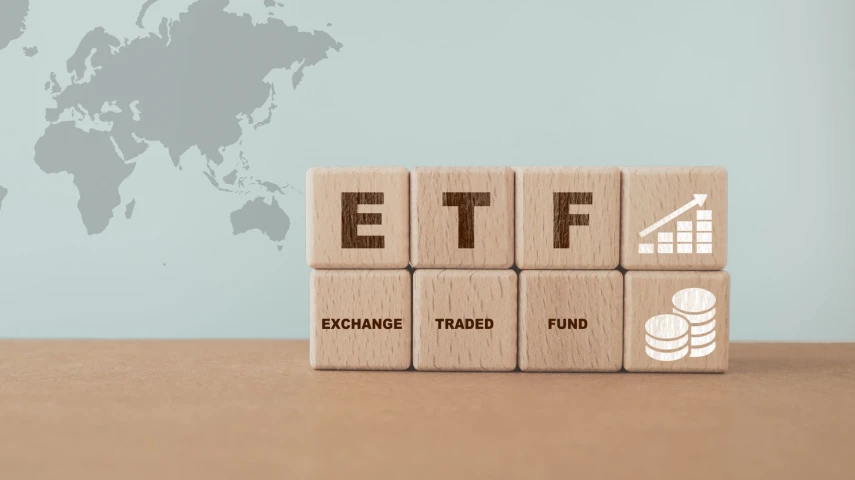Adviser recommendations boost ETF uptake



Some 1.5 million Aussies hold at least one exchange traded fund (ETF), creating an industry worth $148 billion, according to Computershare.
The firm said the retail investor segment has grown by 230 per cent since 2020 thanks to increased access to retail trading platforms and fee reductions.
It also noted financial advisers are more likely to recommend ETFs for their clients since the implementation of Future of Financial Advice reforms.
“[A] key consideration is the correlation between the growth of ETFs and the implementation of Future of Financial Advice (FOFA) reforms. Advisers are increasingly recommending ETFs, especially since the recent legislative amendments to the FOFA reforms. In part, these reforms banned conflicted remuneration which required advisors to recommend products in the best interest of their customers instead of products that yielded the most commission.”
Financial advisers holding ETFs tend to have portfolios of $10,000–$100,000 with the highest percentages held in mid-caps, commodities and property. However, Computershare cautioned mid-caps and commodities are among the ETFs with the highest churn rates.
“This is due to these exposures being generally more vulnerable to market volatilities such as geopolitics, interest rates and other underlying asset-related volatilities. However, tenure is also impacted by a number of factors such as individual investment goals, risk tolerance and time horizon.”
The largest proportion of ETF investors (47.6 per cent) hold less than $10,000 in their portfolios, but 7.6 per cent hold more than $200,000.
Those investors with the larger portfolios are most likely to be superannuation funds, self-managed superannuation funds and companies that are holding higher allocations to infrastructure, small and mid-cap equities, and fixed income.
On the other hand, 61 per cent of retail investors have less than $10,000 and tend to focus their portfolios on healthcare, technology and large-cap equities.
ETFs are particularly popular in NSW, the report found, with investors in the state seeing inflows of $39.4 billion in ETFs. This is more than half the inflows in Victoria, the second-most popular state, which holds $23.7 billion.
Investors also tend to gravitate towards those ETFs that track the ASX in order to gain the tax benefits, but Computershare cautioned against being overexposed to a small volume of equities.
“This potential pitfall arises because many investors might not be aware that they are already exposed to the same shares via their superannuation funds or other individual shares. When it comes to cross investment, we see a significant correlation between large caps and other exposures such as ethical, healthcare, property and technology.”
While there are international ETFs on offer which track indices such as US NASDAQ, the report said there has been less uptake on these, and improved education could help investors to understand both the benefits and risks of these types of products.
Recommended for you
LGT Wealth Management is maintaining a neutral stance on US equities going into 2026 as it is worried whether the hype around AI euphoria will continue.
Tyndall Asset Management is to close down the Tyndall brand and launch a newly-branded affiliate following a “material change” to its client base.
First Sentier has launched its second active ETF, offering advisers an ETF version of its Ex-20 Australian Share strategy.
BlackRock has revealed that its iShares bitcoin ETF suite has now become the firm’s most profitable product line following the launch of its Australian bitcoin ETF last month.












